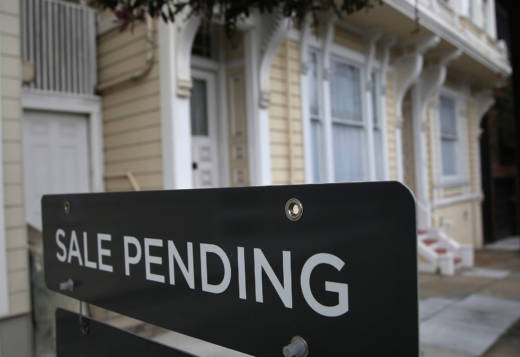A potential expansion to California’s Proposition 13 would likely mean increased home sales and higher revenues for realtors. But there’s disagreement on how the measure could affect the state’s finances.
Proposition 13 limits annual property tax increases on California homes. Since voters passed the proposition in 1978, the law has limited taxes on any piece of property as long as it remains under the same ownership. When it changes hands, the taxed value of the property is reassessed.
In November, voters will weigh in on whether to expand those tax breaks. The initiative on the fall ballot would allow homeowners who are 55 or older, disabled, or who lost their homes in a natural disaster to transfer their current property tax assessment to a new home—even if that new house is more expensive.
Brian Uhler with the nonpartisan Legislative Analyst's Office told a legislative committee Monday an analysis shows the measure could cost the state a lot of money in property taxes.
“In the first few years, we estimate that schools and other local governments would each lose over $100 million a year," he said. "And that these losses would grow over time probably reaching around $1 billion a year.”

